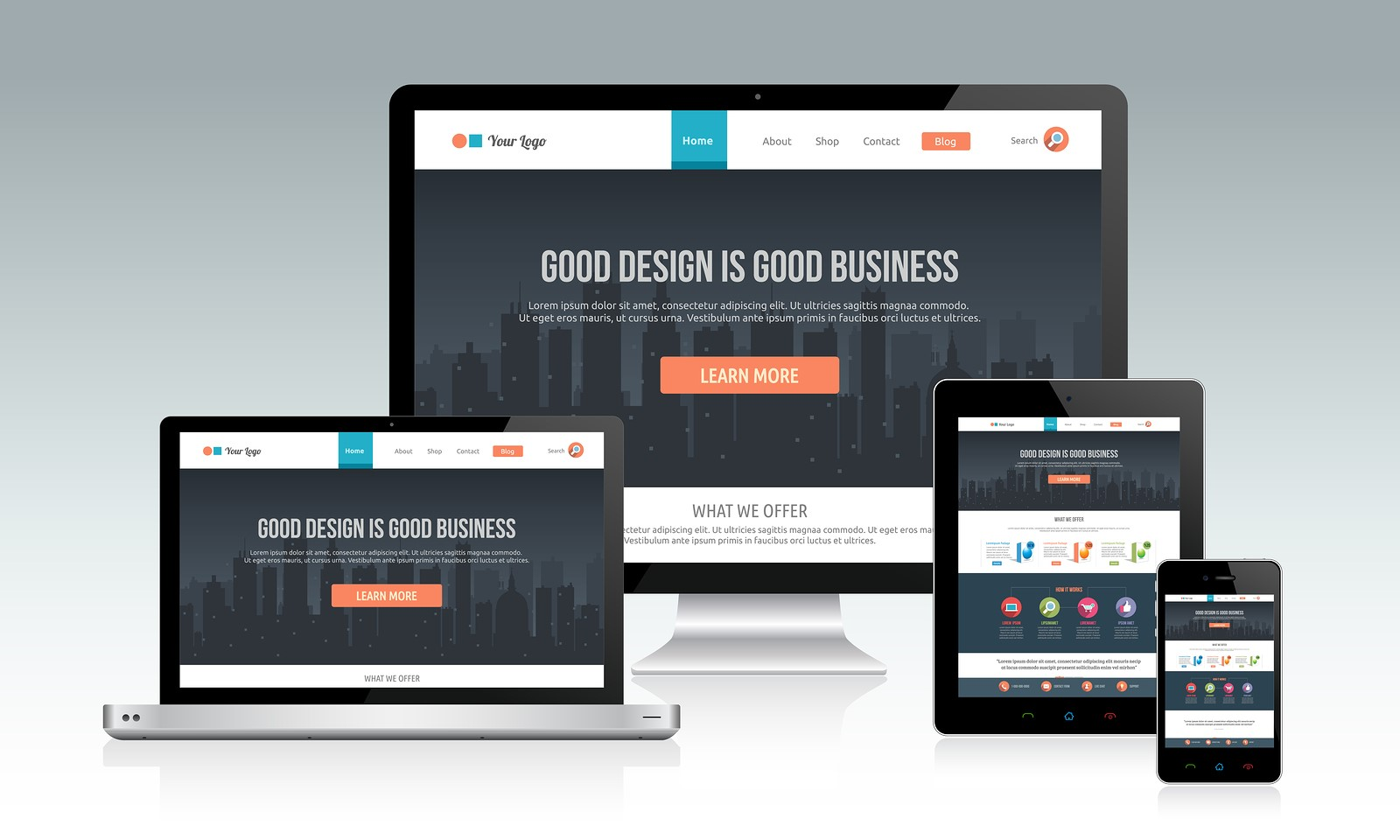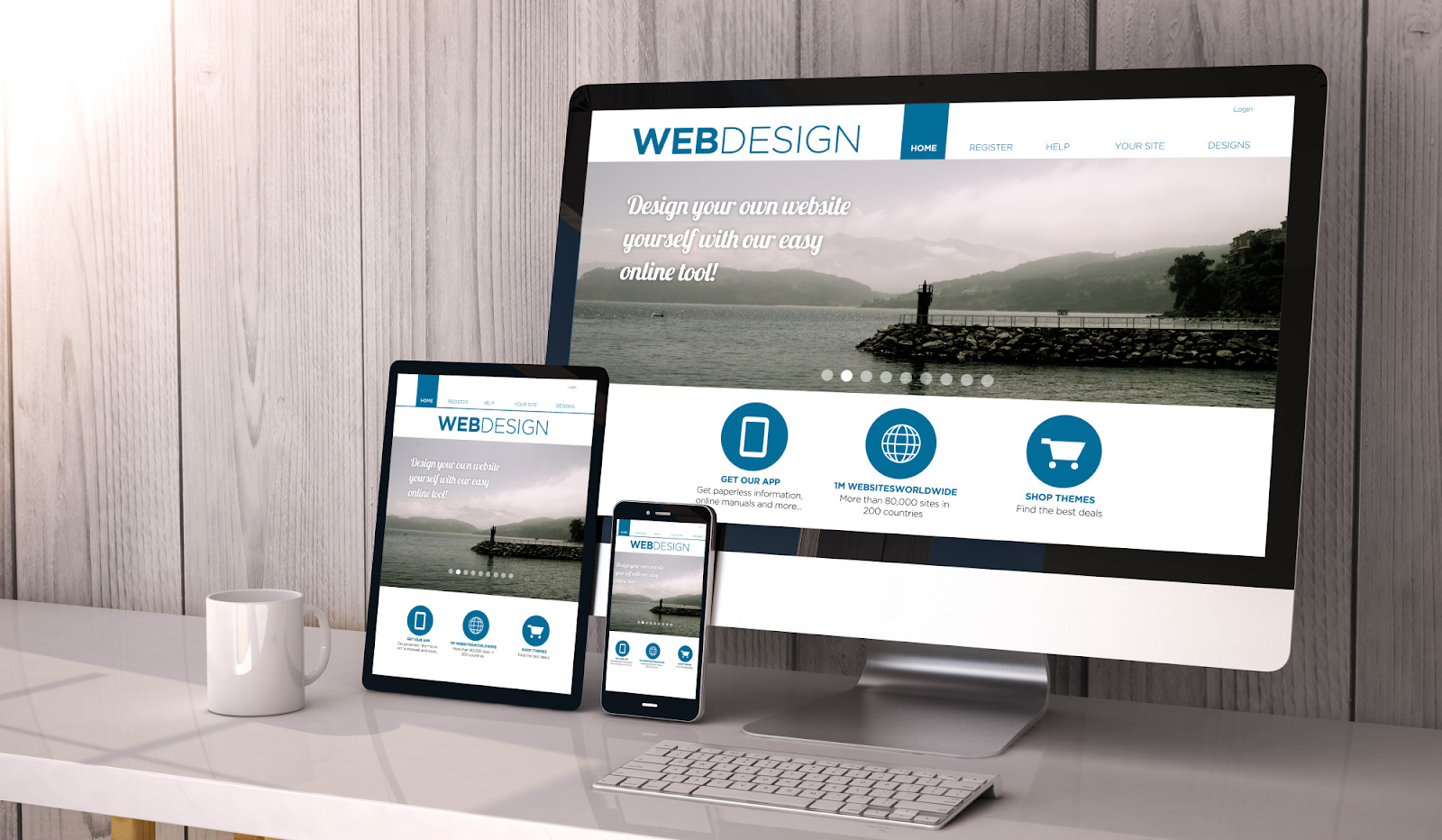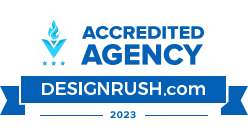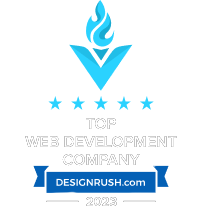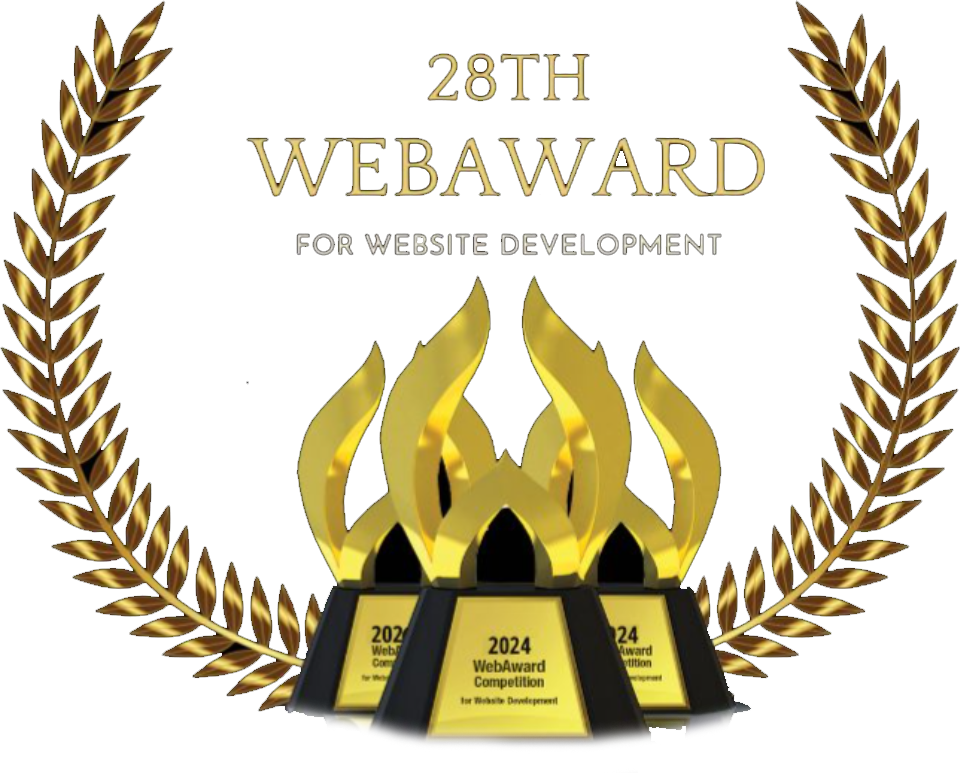SEO Ranking Tips: Proven Strategies to Improve Your Search Engine Position
SEO Ranking Tips: Proven Strategies to Improve Your Search Engine Position

Imagine spending months designing your website, creating content, and perfecting your brand—only to see little to no traffic from search engines. It’s frustrating, right? Many businesses struggle to improve their search engine rankings, often because they lack a clear SEO strategy. Without the right tactics, your website could remain invisible to potential customers.
A business owner in Denver recently came to us with this exact issue. They had a fantastic service offering, but their website was buried on page 5 of Google. After applying proven SEO ranking tips, including keyword optimization, content updates, and technical SEO improvements, they saw a 190% increase in organic traffic within four months! The best part? Their site is now ranking on the first page for multiple high-intent keywords.
According to a study by Backlinko, 75% of users never go past the first page of Google search results. This means that if your website isn’t on page one, you’re missing out on potential leads, customers, and sales. In this guide, we’ll cover 10 essential SEO ranking tips to help you climb the search engine results pages (SERPs) and boost your visibility.
What Are SEO Ranking Tips?
SEO ranking tips are strategies and best practices that help improve a website’s search engine position on platforms like Google and Bing. Search engines use complex algorithms to determine which websites provide the most relevant, authoritative, and user-friendly content for a search query.
By implementing the right SEO ranking tips, you can increase organic traffic, generate more leads, and grow your business—all without spending extra on paid ads.
Top 10 SEO Ranking Tips to Boost Your Search Visibility
Optimize Your Website for Core Web Vitals
Google places high importance on Core Web Vitals, a set of performance metrics that measure user experience. These metrics impact your rankings and determine how smoothly users interact with your site.
What Are Core Web Vitals?
- Largest Contentful Paint (LCP): Measures how fast the largest visible content loads.
- First Input Delay (FID): Tracks the time it takes for a page to become interactive.
- Cumulative Layout Shift (CLS): Assesses how stable the page layout remains during loading.
How to Improve Core Web Vitals:
- Optimize image sizes to improve load speed.
- Minimize JavaScript and CSS that slow down page performance.
- Use a fast, reliable web hosting provider.
- Implement lazy loading for images to reduce initial load time.
Focus on High-Quality Content
Content remains one of the strongest ranking factors. Google prioritizes valuable, well-structured, and engaging content that provides real value to users.
Content Optimization Tips:
- Write long-form content (1,500+ words) for better engagement and rankings.
- Use headers (H1, H2, H3) properly to structure content for readability.
- Include relevant keywords naturally without overstuffing.
- Add multimedia elements like images, videos, and infographics to improve user experience.
- Regularly update outdated content to maintain relevance.
Target the Right Keywords
Keywords are the foundation of SEO. Choosing the right ones ensures that your website appears in relevant search results.
How to Find the Best Keywords:
- Use tools like Google Keyword Planner, Ahrefs, or SEMrush to identify high-value keywords.
- Focus on long-tail keywords with less competition but higher conversion potential.
- Prioritize buyer intent keywords that indicate a user is ready to take action.
- Analyze competitor keyword rankings to uncover hidden opportunities.
Optimize Title Tags and Meta Descriptions
Your title tags and meta descriptions play a major role in click-through rates (CTR) and rankings.
Best Practices:
- Keep title tags under 60 characters for optimal display.
- Include the primary keyword at the beginning of the title.
- Write compelling meta descriptions (under 160 characters) that encourage users to click.
- Use actionable language (e.g., “Learn more,” “Get started today”).
Improve Your URL Structure
A clean, well-organized URL structure improves user experience and search engine crawlability.
Best Practices for SEO-Friendly URLs:
- Keep URLs short, descriptive, and keyword-rich.
- Use hyphens (-) instead of underscores (_) to separate words.
- Example: yourwebsite.com/seo-ranking-tips instead of yourwebsite.com/page?id=123.
- Avoid unnecessary words like “and,” “the,” or numbers that don’t add value.
Strengthen Your Internal Linking Strategy
Internal linking helps search engines understand site structure and improves user navigation.
How to Use Internal Links Effectively:
- Link to related blog posts and service pages to increase page authority.
- Use descriptive anchor text rather than generic phrases like “click here.”
- Ensure each page has at least 3-5 internal links.
- Avoid excessive linking—focus on relevance and user experience.
Build High-Quality Backlinks
Backlinks from reputable sites signal to Google that your website is trustworthy and authoritative.
How to Get High-Quality Backlinks:
- Publish guest posts on well-established industry websites.
- Reach out to journalists and influencers for link-building opportunities.
- Create valuable resources (e.g., whitepapers, case studies) that attract links naturally.
Optimize for Mobile-Friendliness
Since over 60% of Google searches come from mobile devices, Google uses mobile-first indexing.
Mobile SEO Tips:
- Use responsive web design to ensure content adjusts to different screen sizes.
- Optimize images and videos for fast mobile loading.
- Test your site using Google’s Mobile-Friendly Test.
Improve Page Load Speed
A slow-loading website negatively affects rankings and user retention.
Ways to Improve Speed:
- Use a content delivery network (CDN) to serve content faster.
- Enable browser caching to reduce load times for repeat visitors.
- Compress images using tools like TinyPNG or ShortPixel.
- Minimize unnecessary scripts and plugins.
Optimize for Local SEO
If you’re a local business, optimizing for local SEO can help you rank in Google’s local pack and Google Maps.
Local SEO Strategies:
- Claim and optimize your Google My Business listing.
- Get customer reviews to boost credibility and local ranking.
- Use location-based keywords in page titles, meta descriptions, and content.
Frequently Asked Questions
1. How long does it take to see SEO ranking improvements?
SEO is a long-term strategy, and ranking improvements can take anywhere from a few weeks to several months, depending on competition, keyword difficulty, and content quality. In most cases, significant results are seen between 3 to 6 months of consistent optimization.
2. Does updating old content help with SEO rankings?
Yes! Updating old content with fresh information, new keywords, and improved readability signals to search engines that the content is relevant. Regular updates can boost rankings and improve click-through rates (CTR).
3. Are backlinks still important for SEO rankings?
Absolutely. Backlinks from authoritative and relevant websites continue to be one of the top ranking factors. Quality backlinks help search engines determine your site’s credibility and improve domain authority.
4. Can I rank on Google without technical SEO?
While content and keywords play a big role in rankings, technical SEO is essential for site speed, security, mobile optimization, and indexability. Without technical SEO, your website may struggle to rank even if your content is strong.
How Lingows Media Can Help You
Mastering SEO requires ongoing optimization and expert strategies. At Lingows Media, we specialize in SEO, web design, automation, and digital marketing to help businesses rank higher, attract more traffic, and convert more leads.
Visit us at: 1400 16th St Suite 400, Denver, CO 80202
Call us today: (720) 738-5548
Don’t let your competitors outrank you—contact us today for a free SEO consultation and start climbing the search rankings!







